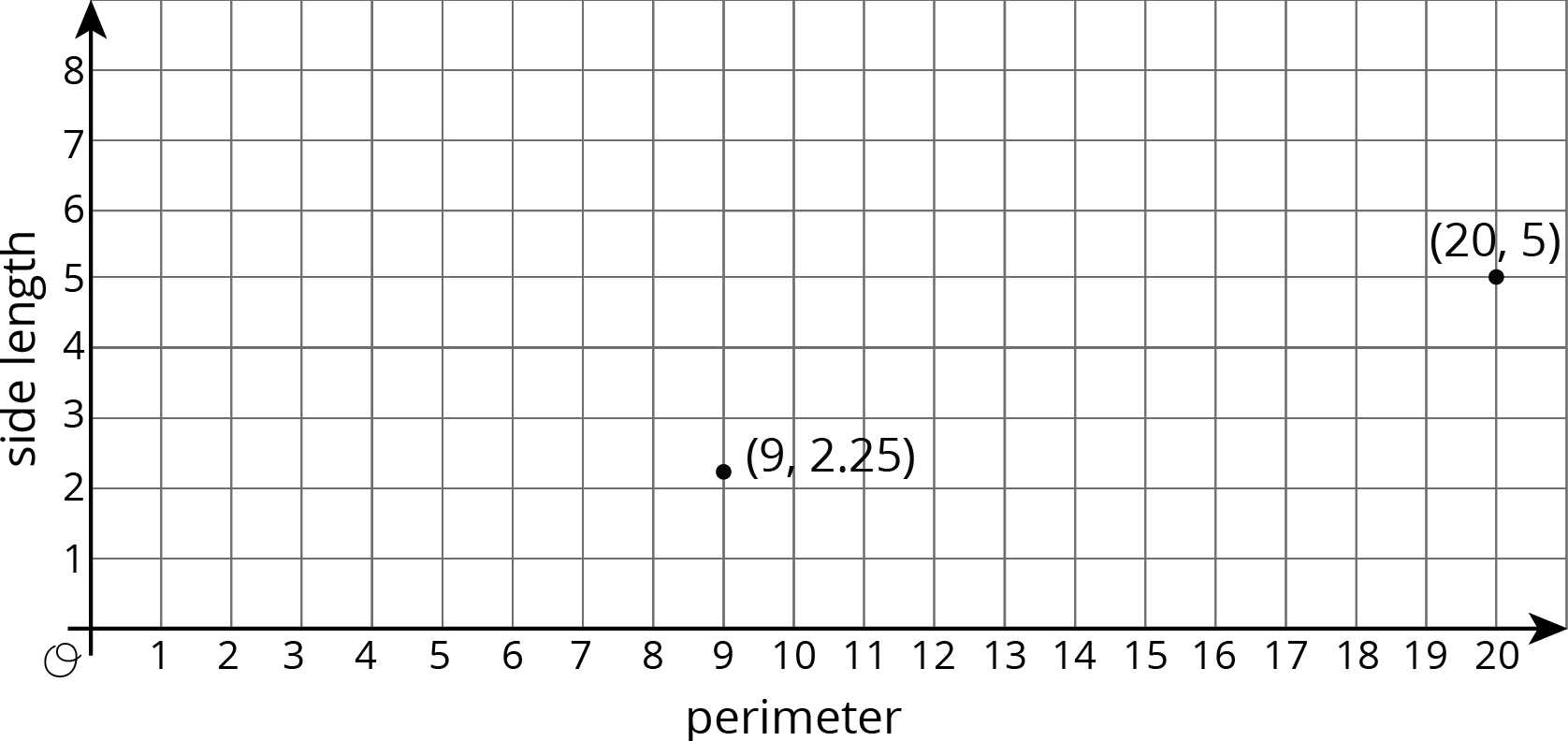Lesson 7
Simulating Multi-step Experiments
Let’s simulate more complicated events.
Problem 1
Priya’s cat is pregnant with a litter of 5 kittens. Each kitten has a 30% chance of being chocolate brown. Priya wants to know the probability that at least two of the kittens will be chocolate brown.
To simulate this, Priya put 3 white cubes and 7 green cubes in a bag. For each trial, Priya pulled out and returned a cube 5 times. Priya conducted 12 trials.
Here is a table with the results.
| trial number | outcome |
|---|---|
| 1 | ggggg |
| 2 | gggwg |
| 3 | wgwgw |
| 4 | gwggg |
| 5 | gggwg |
| 6 | wwggg |
| 7 | gwggg |
| 8 | ggwgw |
| 9 | wwwgg |
| 10 | ggggw |
| 11 | wggwg |
| 12 | gggwg |
-
How many successful trials were there? Describe how you determined if a trial was a success.
- Based on this simulation, estimate the probability that exactly two kittens will be chocolate brown.
- Based on this simulation, estimate the probability that at least two kittens will be chocolate brown.
-
Write and answer another question Priya could answer using this simulation.
-
How could Priya increase the accuracy of the simulation?
Problem 2
A team has a 75% chance to win each of the 3 games they will play this week. Clare simulates the week of games by putting 4 pieces of paper in a bag, 3 labeled “win” and 1 labeled “lose.” She draws a paper, writes down the result, then replaces the paper and repeats the process two more times. Clare gets the result: win, win, lose. What can Clare do to estimate the probability the team will win at least 2 games?
Problem 3
- List the sample space for selecting a letter a random from the word “PINEAPPLE.”
- A letter is randomly selected from the word “PINEAPPLE.” Which is more likely, selecting “E” or selecting “P?” Explain your reasoning.
Problem 4
On a graph of side length of a square vs. its perimeter, a few points are plotted.
- Add at least two more ordered pairs to the graph.

- Is there a proportional relationship between the perimeter and side length? Explain how you know.